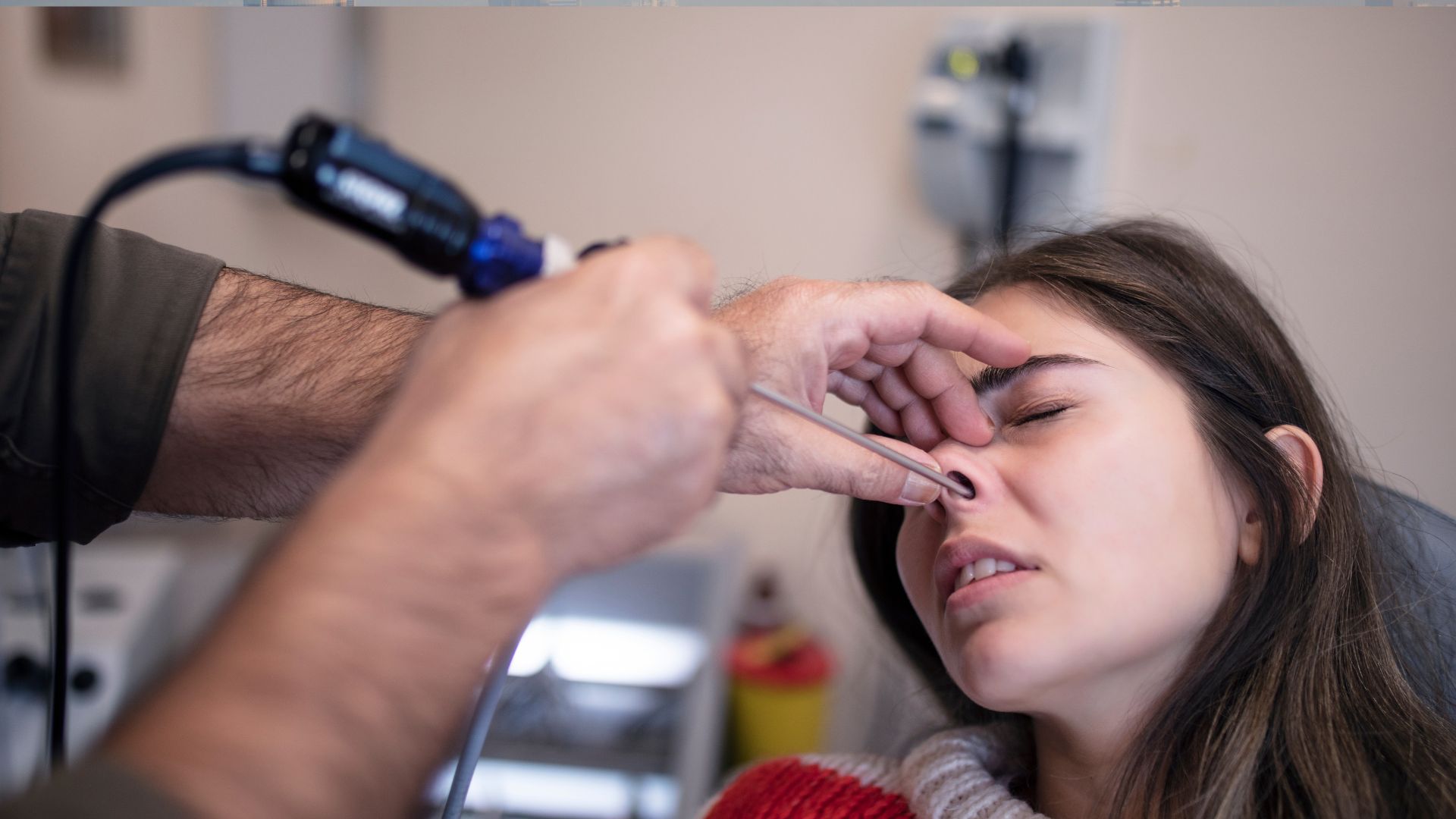In today’s fast-paced world, maintaining good health is more crucial than ever. As an ENT surgeon, I often encounter patients who overlook the significance of nutrition in sustaining the health of their ears, nose, and throat. In this blog post, we’ll delve into the pivotal role nutrition plays in preserving the well-being of these vital sensory organs.
Understanding the Importance of Nutrition
Nutrition serves as the cornerstone of overall health, and its impact on ENT health cannot be overstated. The food we consume directly influences the functioning of our ears, nose, and throat, affecting everything from immunity to tissue repair.
Why Nutrition Matters for ENT Health
Proper nutrition provides the essential building blocks for cellular regeneration and repair within the ear, nose, and throat tissues. Moreover, a well-balanced diet bolsters the immune system, reducing the likelihood of infections that can affect these delicate organs.
Nutrients Essential for Healthy Ears, Nose, and Throat
Certain nutrients play a pivotal role in promoting optimal ENT health. Ensuring an adequate intake of vitamins, minerals, and antioxidants is paramount.
Vitamins
Vitamins like A, C, and E are renowned for their antioxidant properties, which help combat oxidative stress and inflammation in the ears, nose, and throat.
Minerals
Minerals such as zinc and magnesium are crucial for maintaining proper immune function and tissue integrity within the ENT system.
Antioxidants
Antioxidants found in fruits, vegetables, and nuts play a vital role in protecting ENT tissues from damage caused by free radicals.
Impact of Nutrition on Hearing
A balanced diet rich in essential nutrients can significantly impact hearing health. Studies have shown that deficiencies in certain vitamins and minerals can contribute to hearing loss and other auditory issues.
Nutritional Tips for Maintaining Healthy Ears, Nose, and Throat
Adopting a nutritionally sound diet can go a long way in preserving ENT health. Here are some tips to keep in mind:
Foods to Include
- Incorporate plenty of fruits and vegetables rich in vitamins and antioxidants.
- Consume omega-3 fatty acids found in fish, flaxseeds, and walnuts to promote anti-inflammatory effects.
- Ensure adequate intake of zinc-rich foods like lean meats, seeds, and legumes.
Foods to Avoid
- Limit intake of processed foods high in sugar, salt, and unhealthy fats, as they can contribute to inflammation and compromise immune function.
- Minimize alcohol consumption, as excessive alcohol intake can impair hearing and disrupt the balance of fluids in the inner ear.
Hydration and Its Role
Staying adequately hydrated is essential for maintaining the health of the mucous membranes lining the ears, nose, and throat. Aim to drink plenty of water throughout the day to keep these tissues moist and functioning optimally.
The Gut-Ear Connection
Emerging research suggests a strong connection between gut health and ENT function. Consuming probiotic-rich foods like yogurt and kefir can promote a healthy gut microbiome, which in turn supports immune function and reduces the risk of ENT infections.
Lifestyle Factors Affecting ENT Health
In addition to nutrition, certain lifestyle factors can impact the health of our ears, nose, and throat. Avoiding exposure to loud noises, practicing good hygiene, and quitting smoking are all crucial steps in preserving ENT health.
Conclusion
In conclusion, nutrition plays a vital role in maintaining healthy ears, nose, and throat. By adopting a balanced diet rich in essential nutrients and making healthy lifestyle choices, individuals can safeguard their ENT health and enjoy optimal sensory function.
FAQs
- Can supplements replace a healthy diet for ENT health? While supplements can complement a healthy diet, they should not be viewed as a substitute for nutritious foods.
- Are there any specific foods that can worsen ENT conditions? Certain foods high in sugar, salt, and unhealthy fats can exacerbate inflammation and contribute to ENT issues if consumed in excess.
- How much water should I drink daily for optimal ENT health? Aim to drink at least eight glasses of water per day to ensure adequate hydration of the mucous membranes in the ears, nose, and throat.
- Can allergies affect ENT health? Yes, allergies can lead to inflammation and congestion in the ears, nose, and throat, impacting overall ENT function.
- Is it possible to improve ENT health through dietary changes alone? While nutrition plays a crucial role, it’s essential to combine dietary changes with other healthy lifestyle habits for optimal ENT health.
About Author:
Dr. Vivek Kumar Pathak: Renowned ENT Surgeon, Senior Professor, and Founder.
Dr. Pathak, ENT surgeon at Kailash Hospital, Senior ENT Professor at Sharda University, and founder of Entegrity Care, brings expertise and innovation to healthcare. Discover the visionary behind Doxtreat Healthcare, shaping the future of ENT care.
Website www.drvivekpathak.com
Call +917838450942
WhatsApp +91 78384 50942
Book an appointment with Dr. Vivek kumar Pathak by filling the form.




